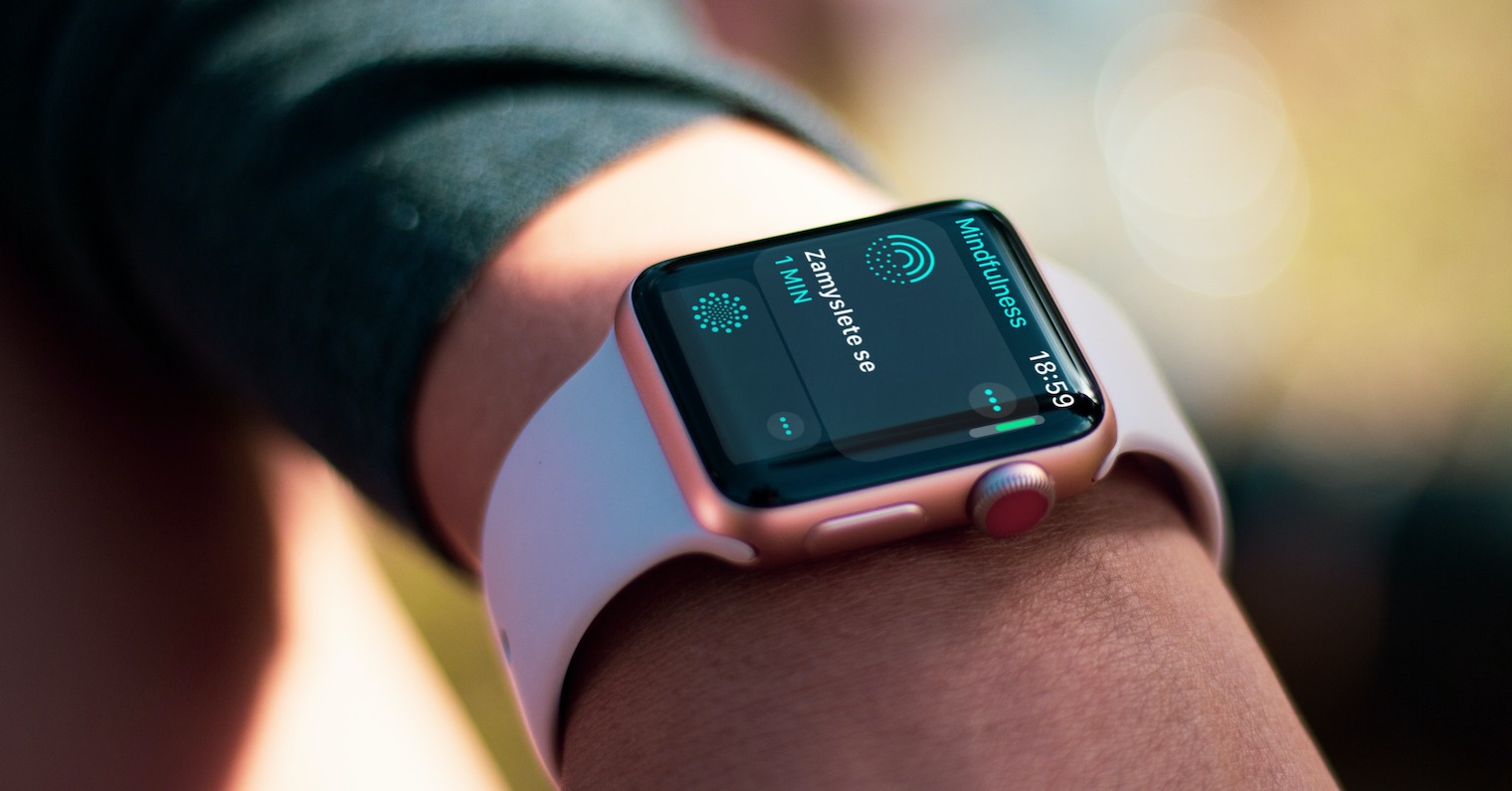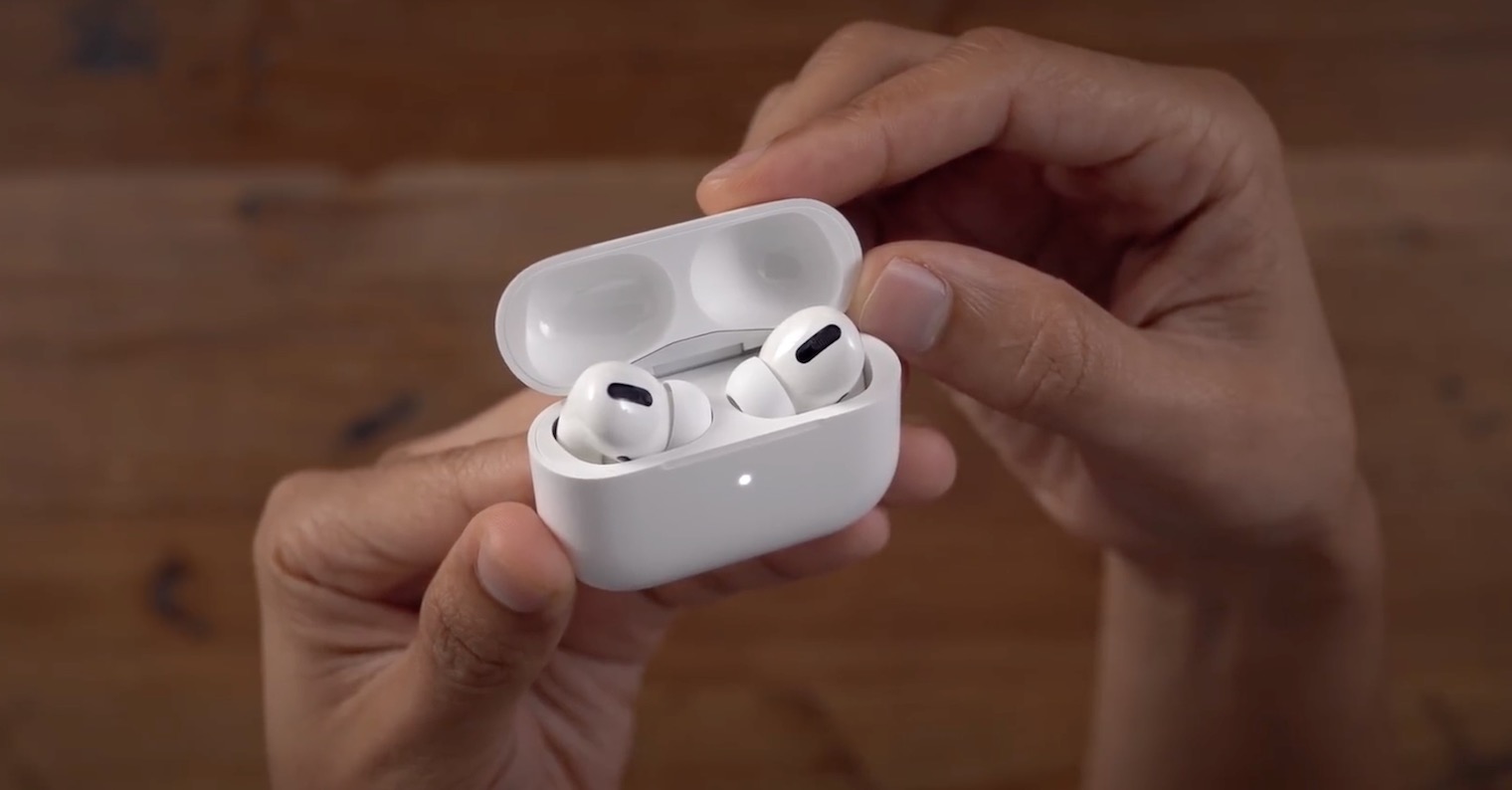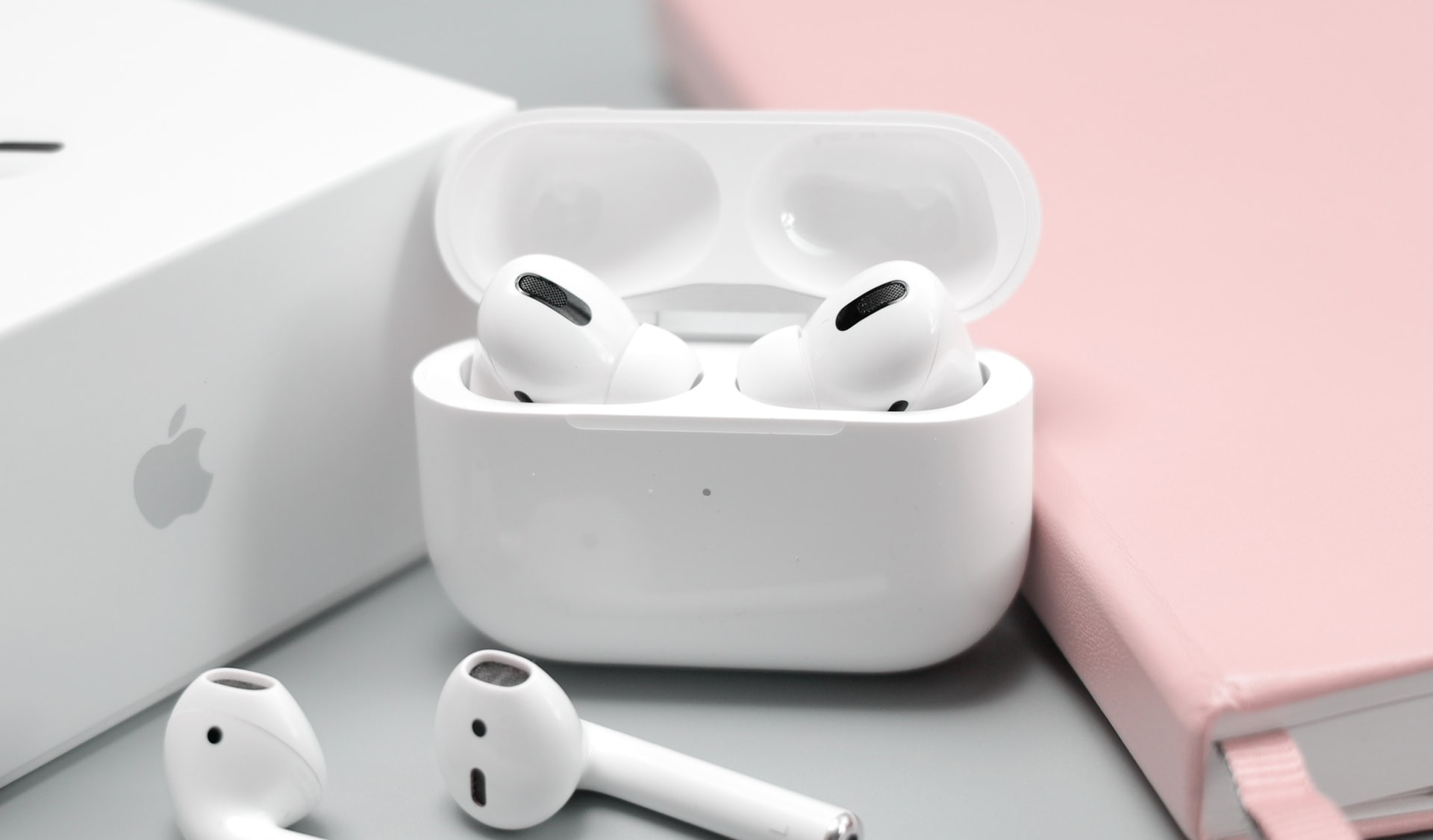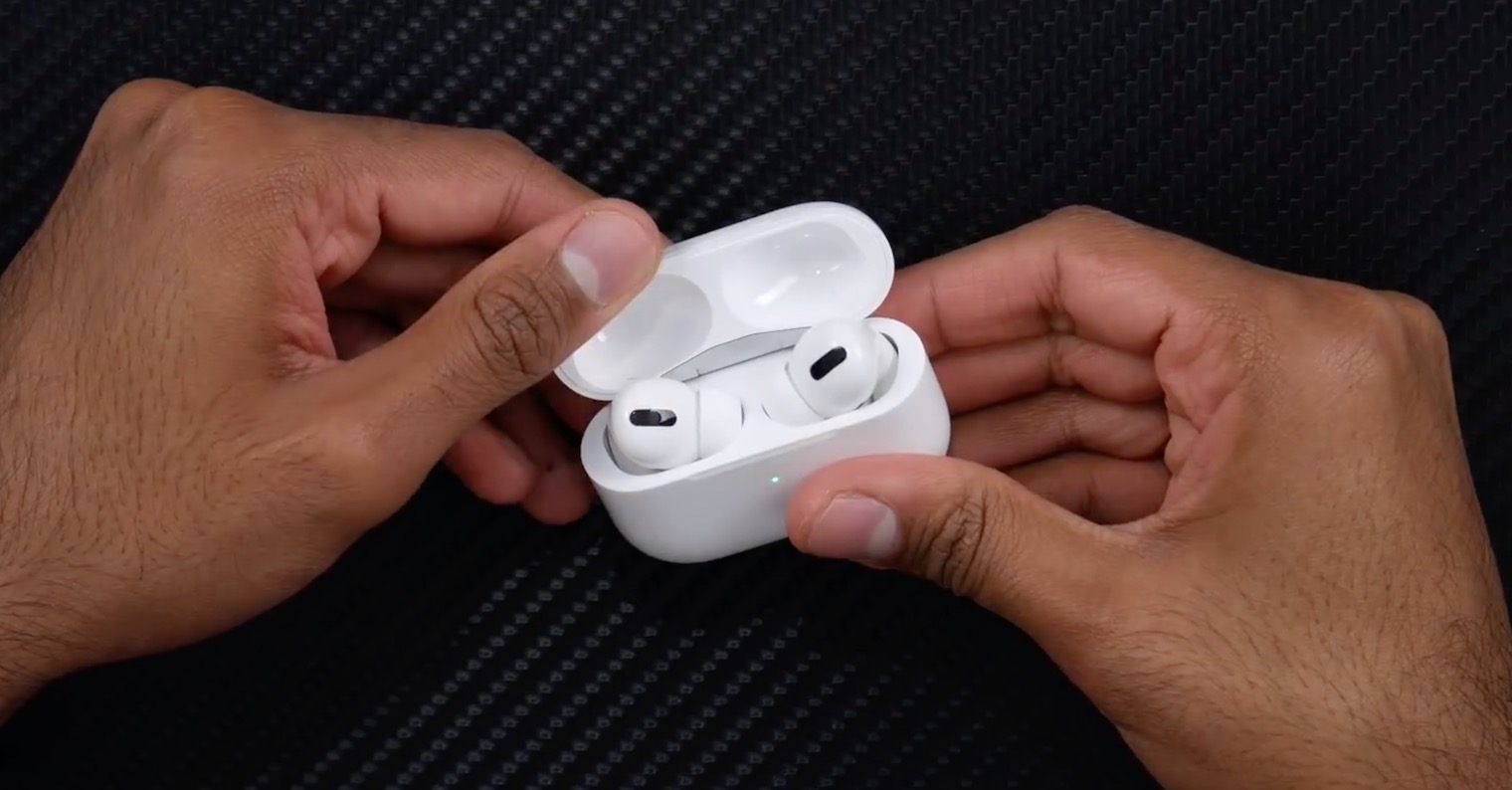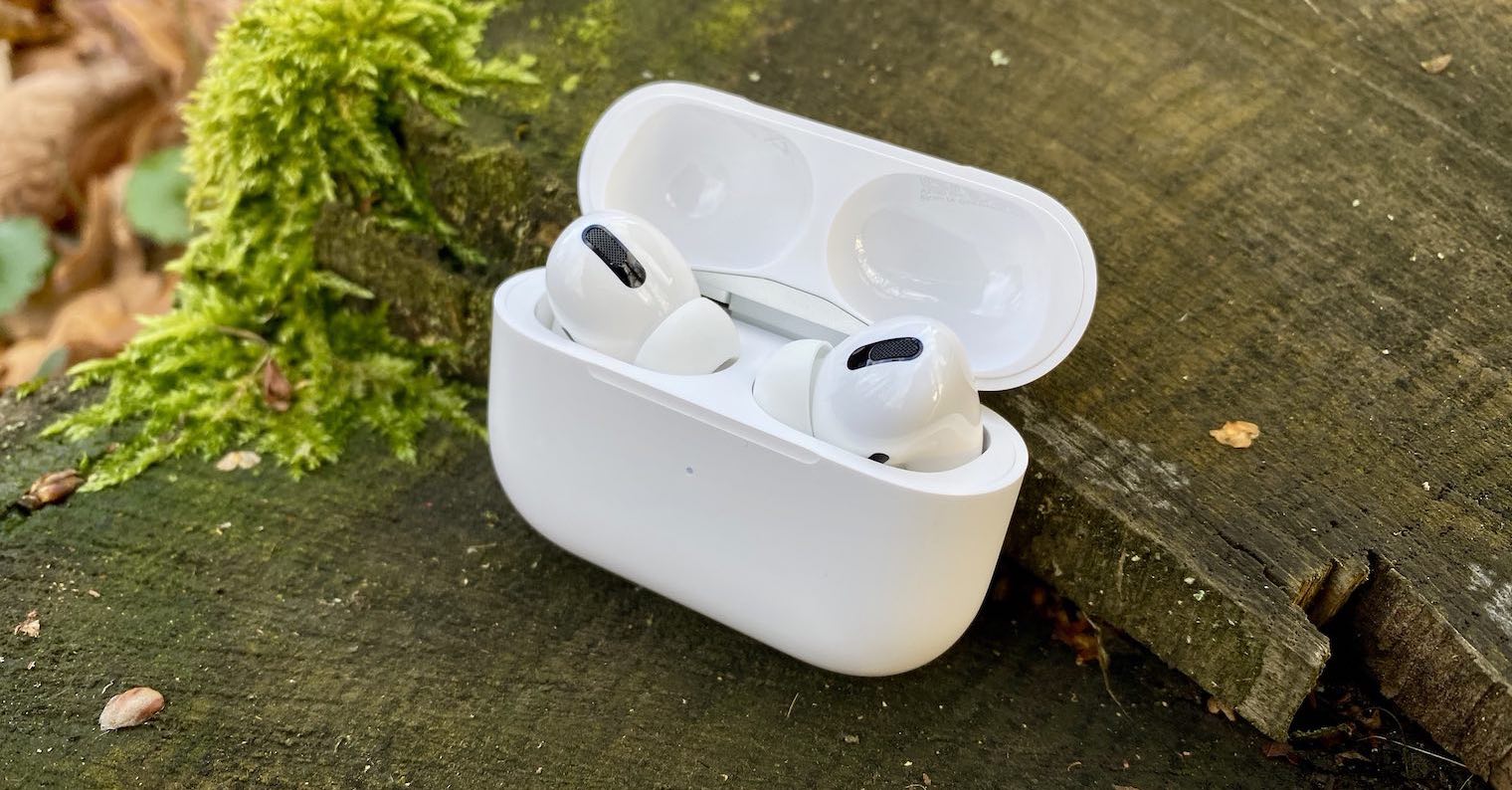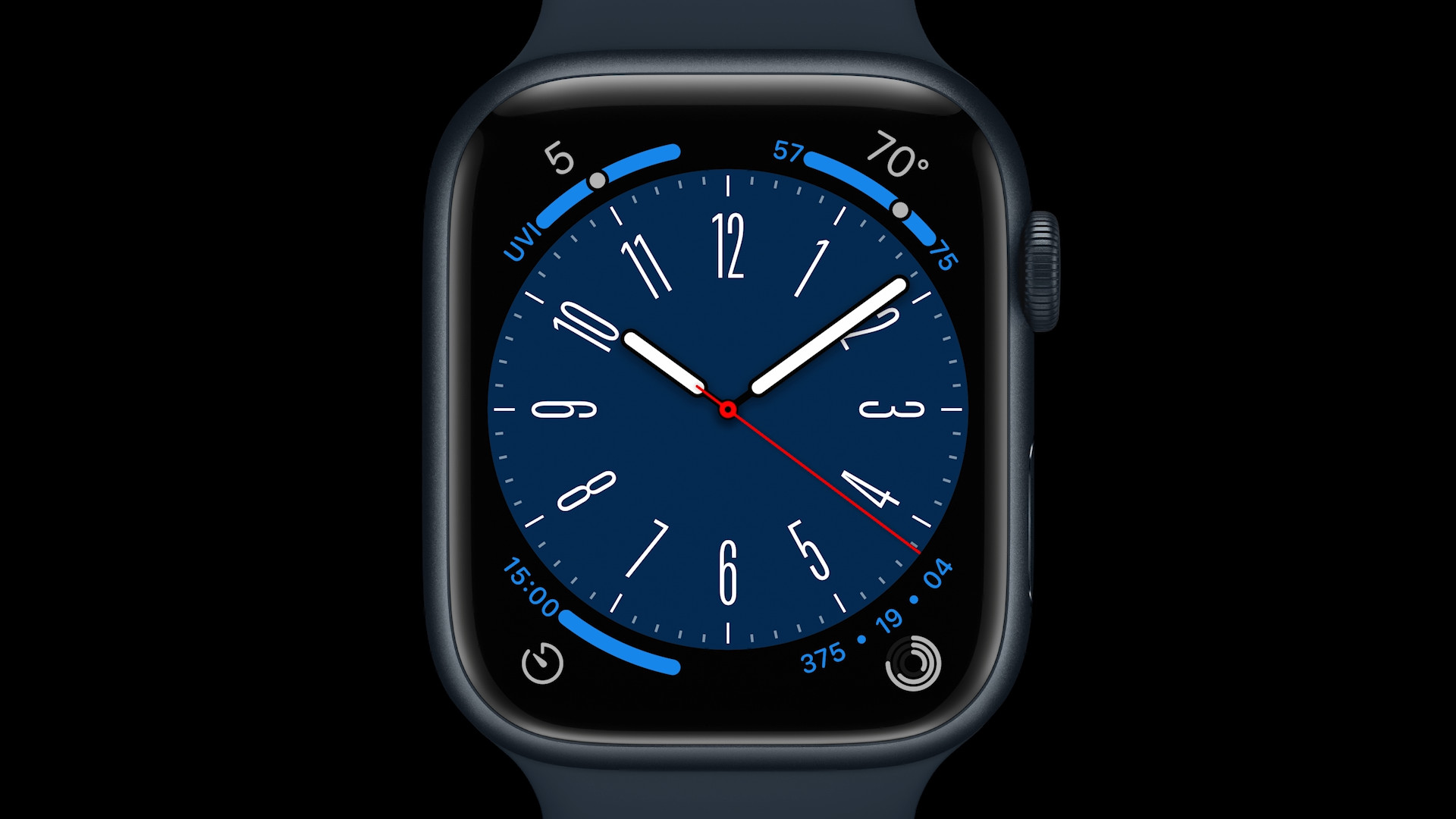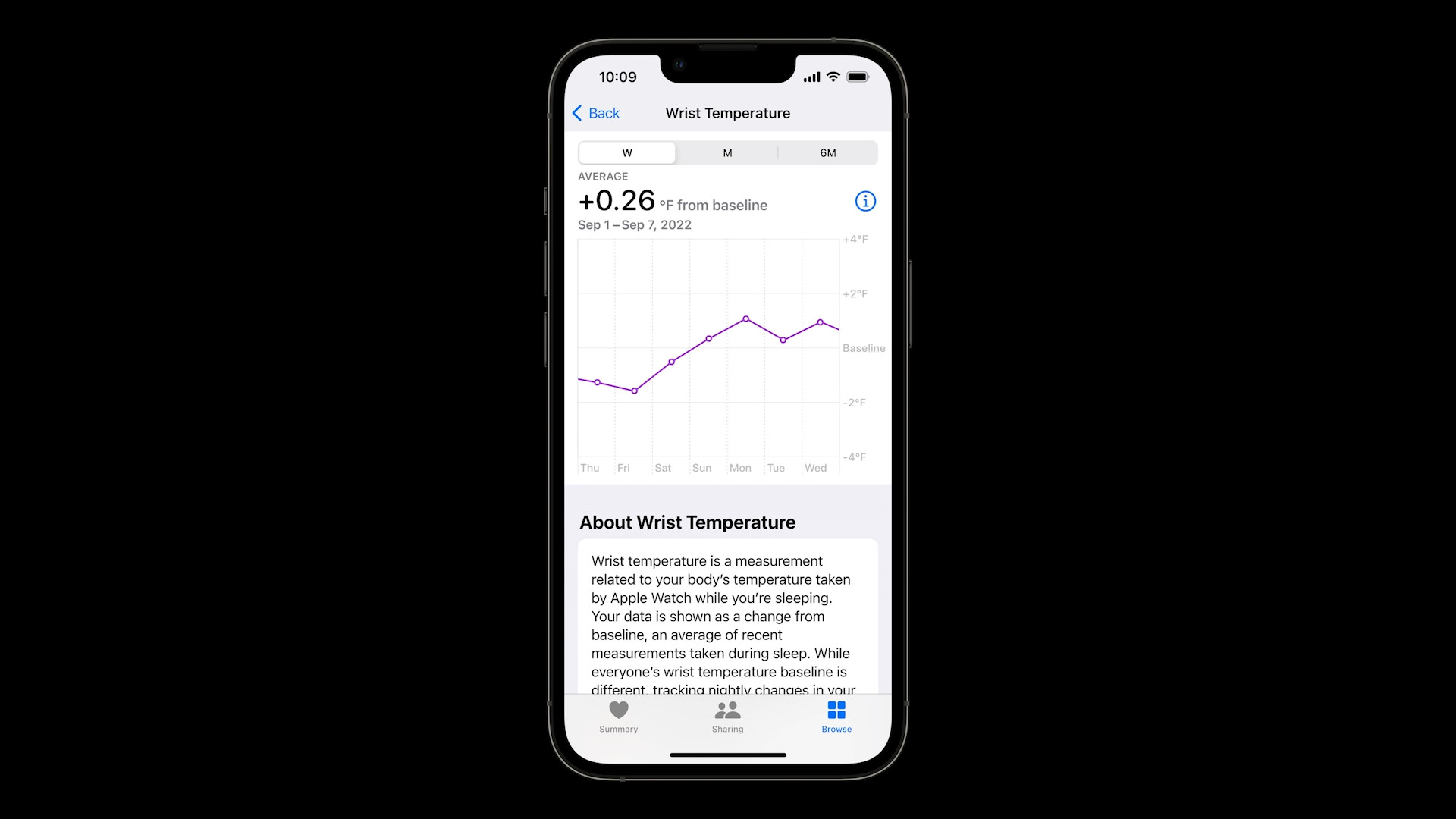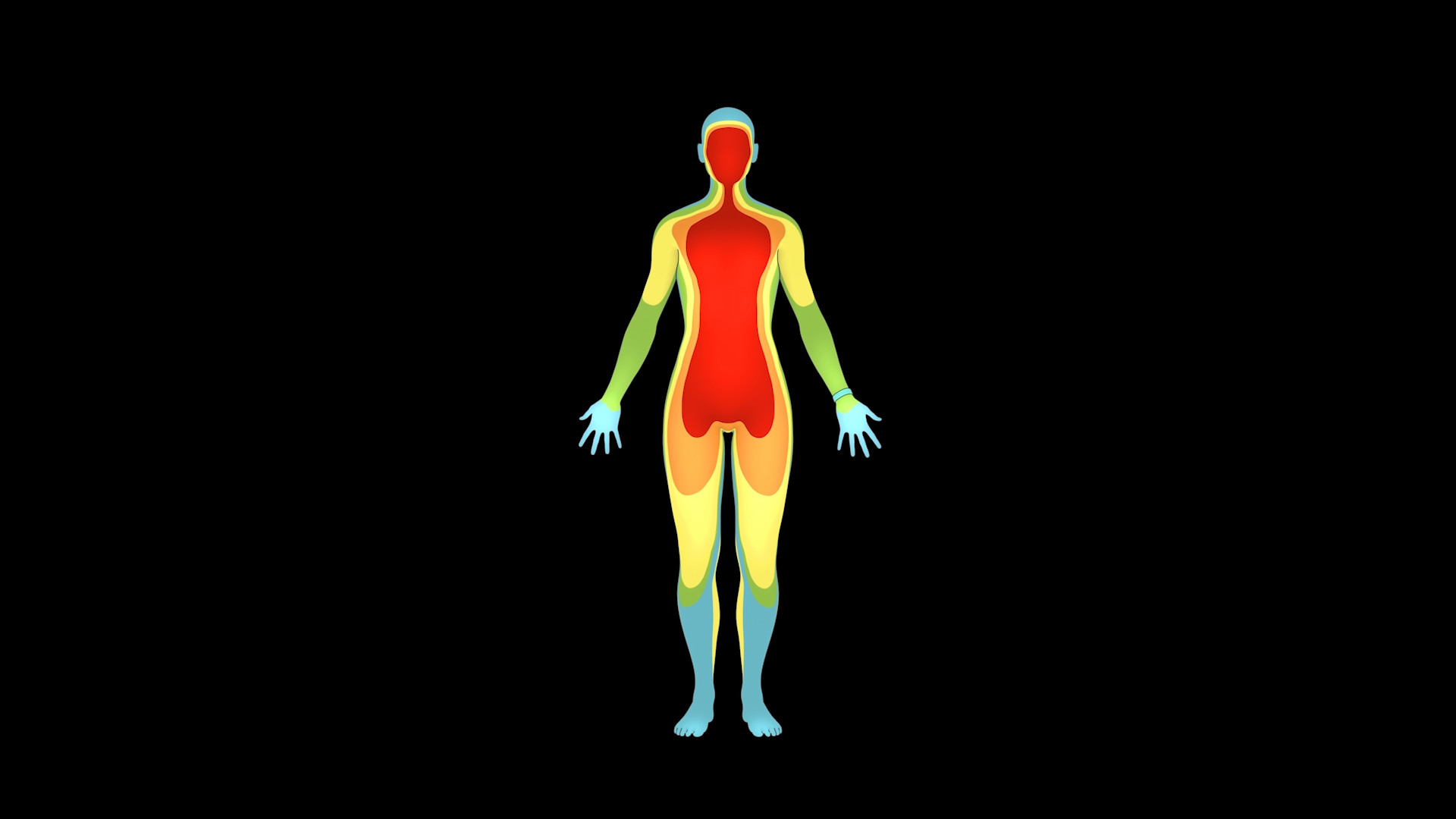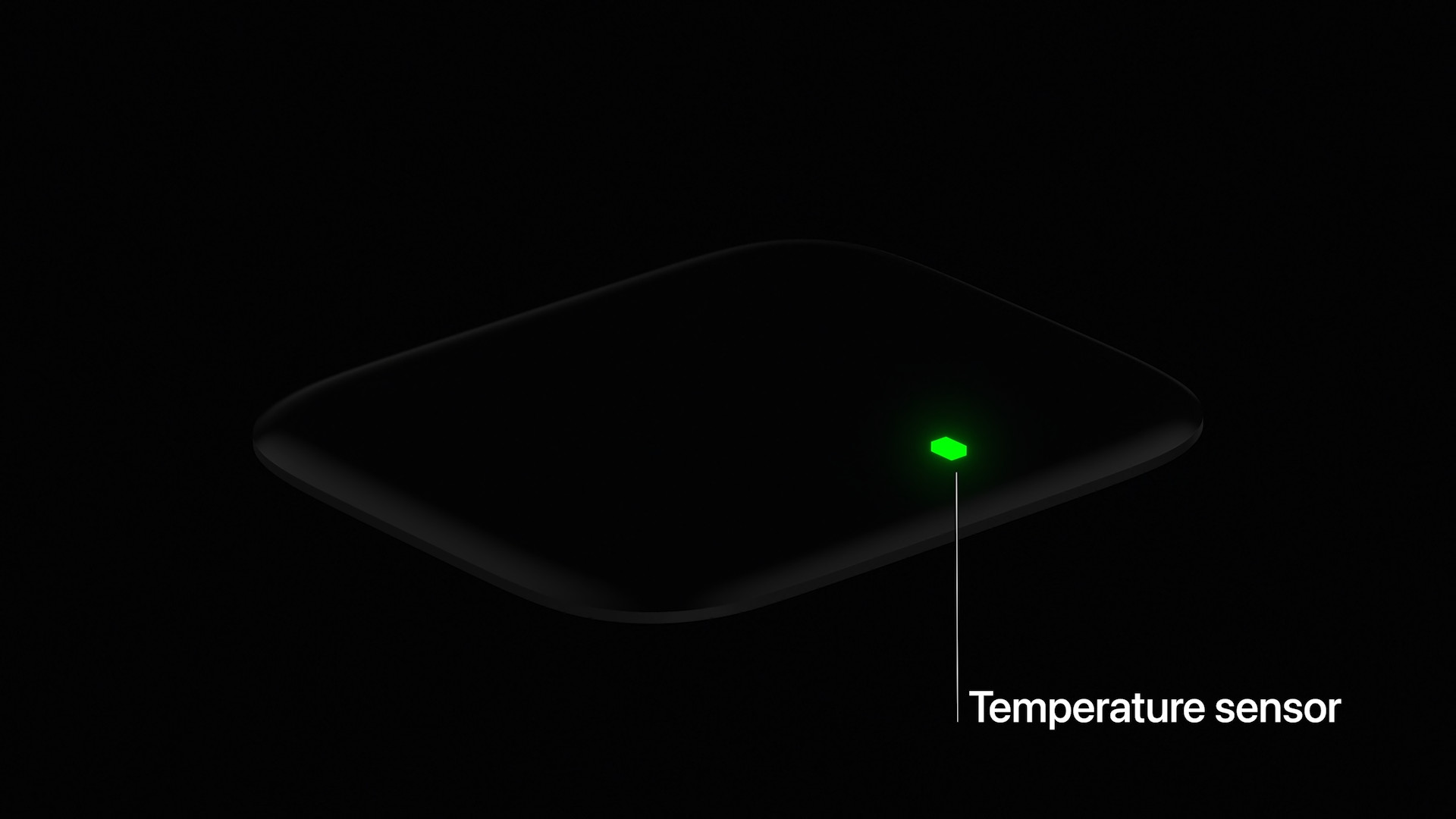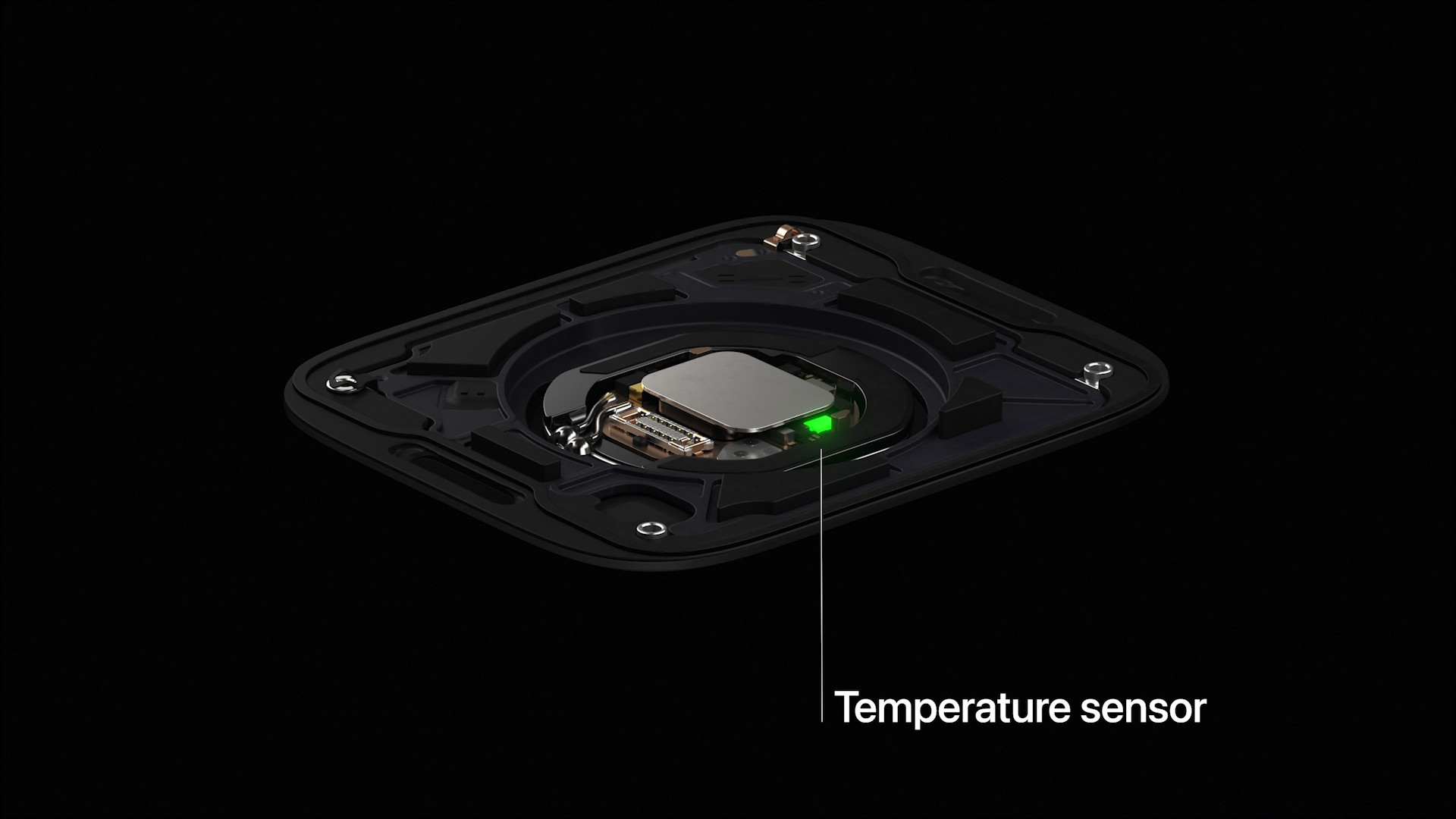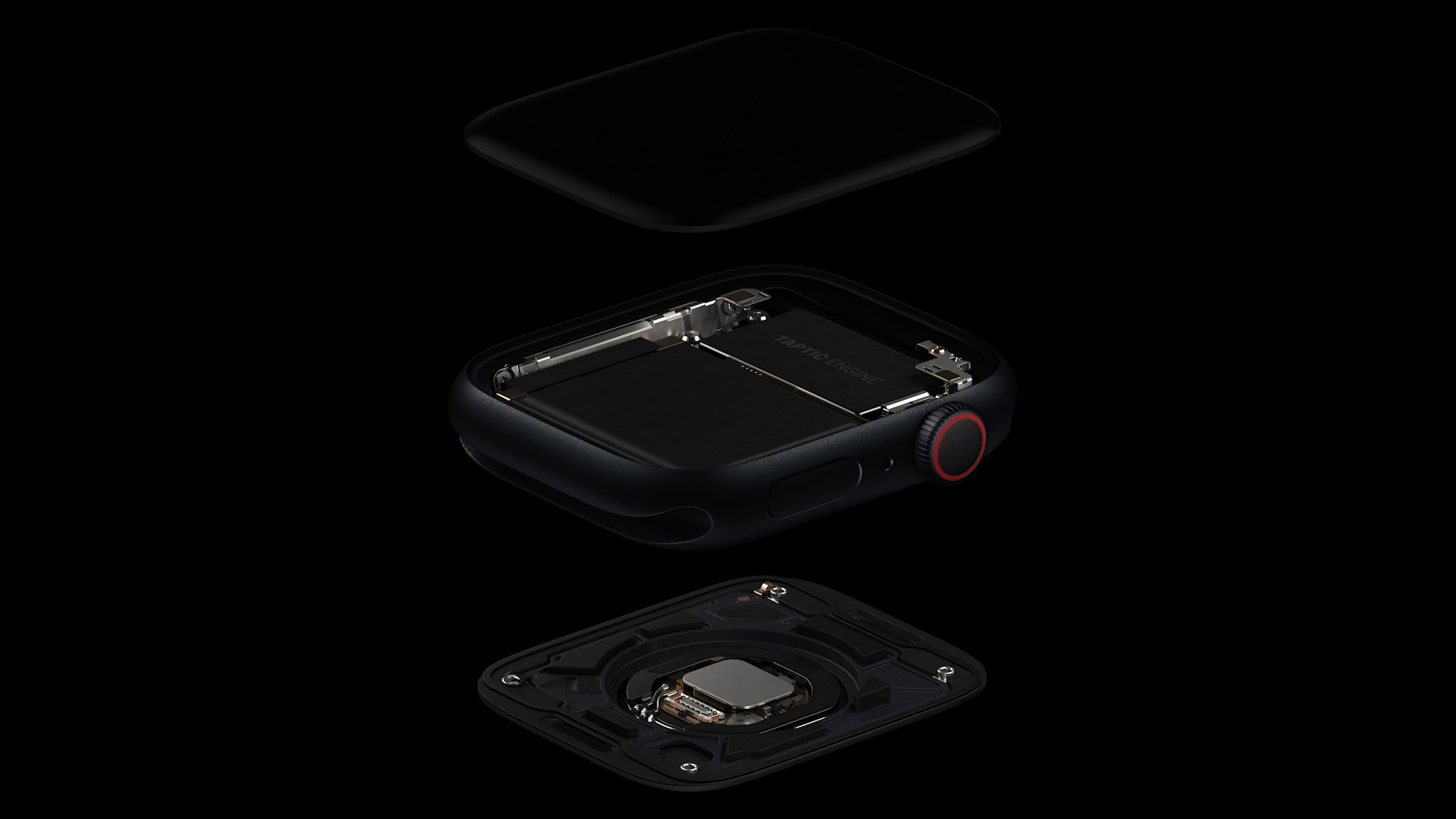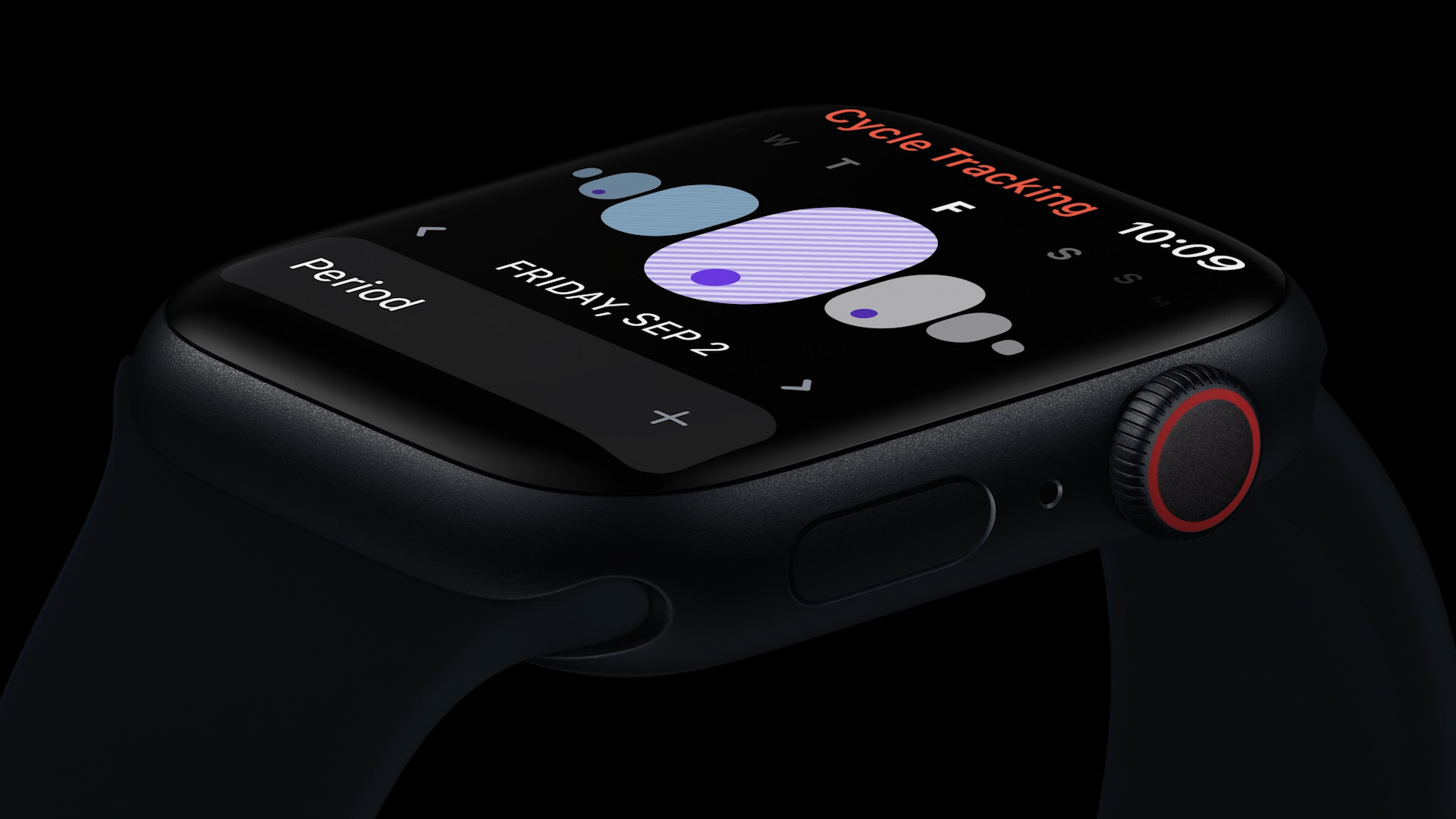In the long term, Apple wants to focus on the health of its users. After all, this confirms the overall development of the Apple Watch, which already has a number of useful sensors and functions with the potential to save human lives. However, it doesn't have to end with smart watches. According to the latest leaks and speculations, AirPods are next in line. In the future, apple headphones could receive a number of interesting gadgets for even better monitoring of health functions, thanks to which the apple user would have access to detailed data not only about his condition, but above all about the aforementioned health.
The combination of Apple Watch and AirPods has quite a high potential with regard to health. Now it's just a question of what news we'll actually get and how they'll work in the finale. According to the latest reports, the first major improvement to Apple's headphones should come within two years. But the apple company will most likely not stop there, and there are a number of other potential innovations in the game. Therefore, let's focus together on the health functions that could arrive in Apple AirPods in the future.
It could be interest you
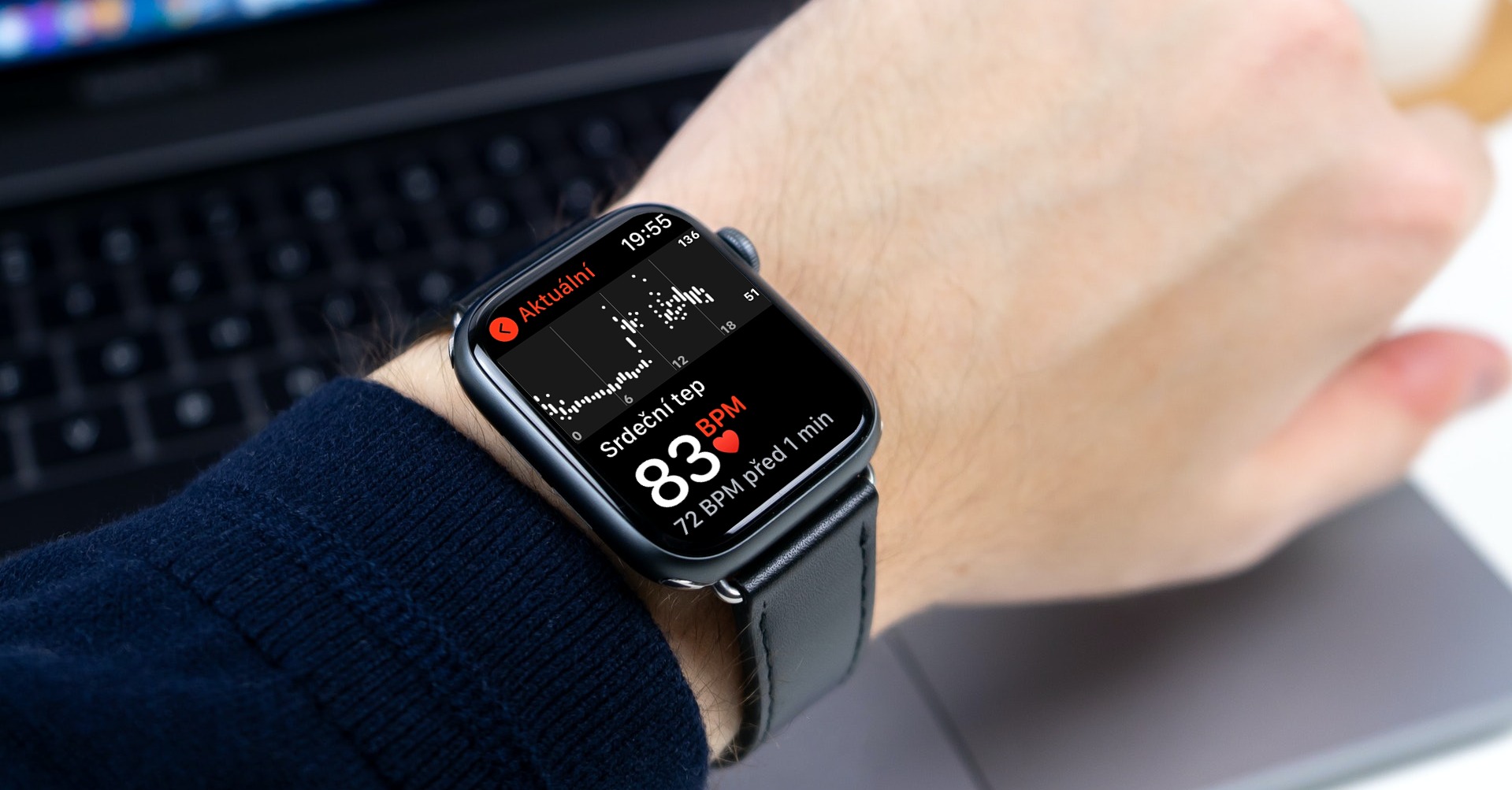
AirPods as headphones
Currently, the most common talk is that Apple headphones could improve as hearing aids. In this regard, several sources agree that AirPods Pro can be used as the aforementioned hearing aids. But it won't be just any improvement. Apparently, Apple is supposed to take this whole matter officially and even get an official certification from the FDA (Food and Drug Administration) for its headphones, which would make Apple headphones an official helper for hearing impaired users.

Heart rate and EKG
A few years ago, various patents appeared that described the deployment of sensors for measuring heart rate from headphones. Some sources even talk about using an ECG. In this way, the Apple headphones could come very close to the Apple Watch, thanks to which the user would have two sources of data that could help refine the overall results. In the end, you would have more accurate data in the native Health application, which could then be used better.
In connection with heart rate measurement, there was also mention of a possible measurement of blood flow in the ear, possibly also an impedance cardiography measurement. Although these are just patents for now that may never see the light of day, it at least shows us that Apple is at least toying with similar ideas and considering deploying them.
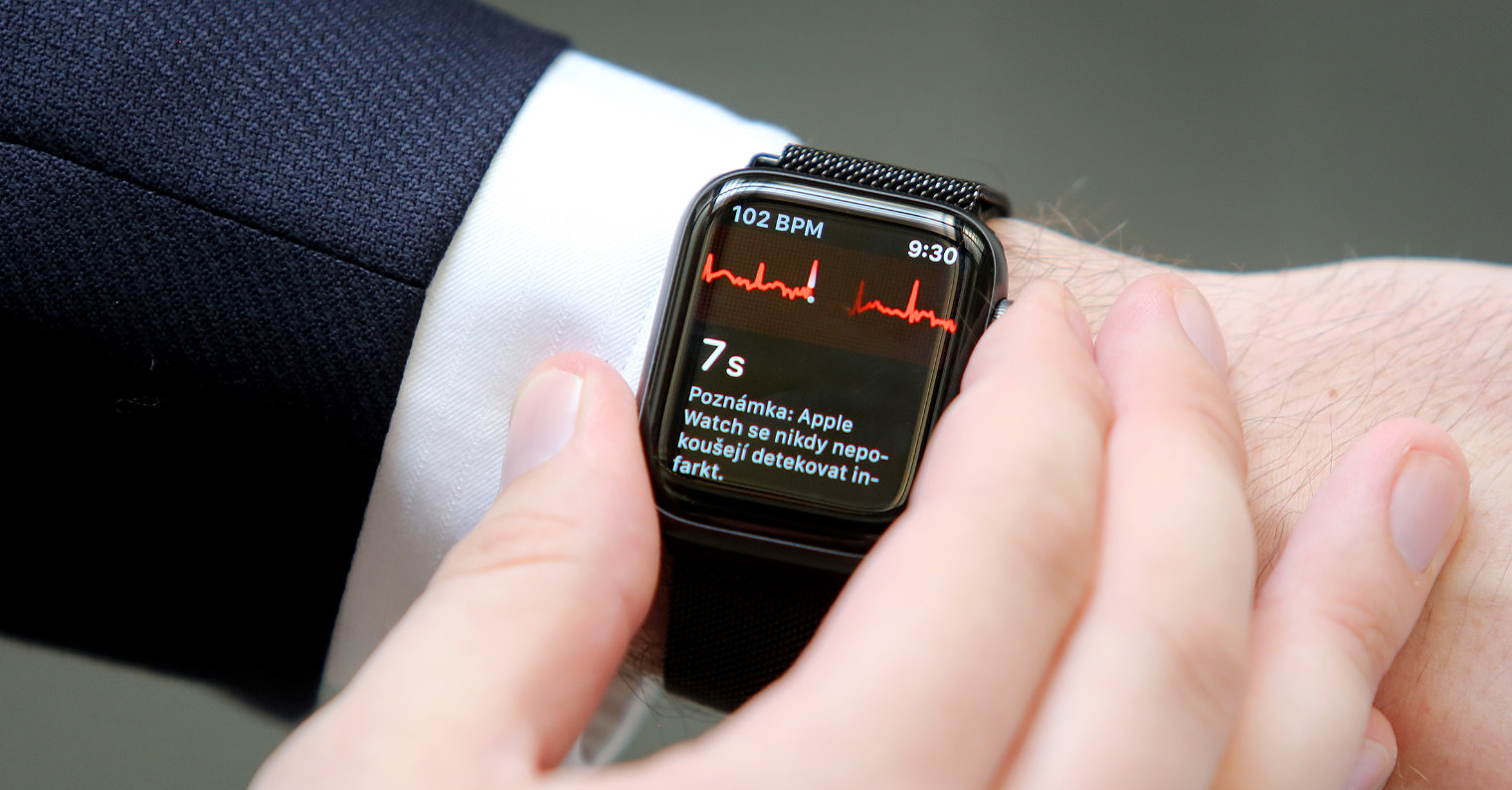
Measurement of VO2 Max
Apple AirPods are a great partner not only for listening to music or podcasts, but also for exercise. Hand in hand with this goes the potential deployment of sensors to measure the well-known VO indicator2 Max. Very briefly, it is an indicator of how the user is doing with their physique. The higher the value, the better off you are. In this regard, AirPods could once again advance the monitoring of health data during exercise and provide the user with more accurate information thanks to measurements from two sources, i.e. from the watch and possibly also from the headphones.
Thermometer
In connection with apple products, there has been talk for a long time about the possible deployment of a sensor for measuring body temperature. After several years of waiting, we finally got it. The current generation Apple Watch Series 8 has its own thermometer, which can be helpful in monitoring illness and in many other areas. The same improvement is in the works for AirPods. This could thus fundamentally contribute to the overall accuracy of the data - as we have already mentioned in the case of previous potential improvements, even in this case the user would get two sources of data, namely one from the wrist and the other from the ears.
Stress detection
Apple could take all of this to a whole new level with an eventual stress detection capability. The apple company likes to emphasize the importance of not only physical, but also psychological health, which it will have the opportunity to prove directly with its products. AirPods could use the so-called galvanic skin response, which can be described as the most commonly used signal not only for stress detection as such, but also for its measurement. In practice, it works quite simply. The excitation of the autonomic nervous system increases the activity of the sweat glands, which subsequently results in an increase in skin conductivity. Apple headphones could theoretically be able to use exactly this method.
If Apple were to connect this potential innovation with, for example, the native Mindfulness application, or bring an even better version of it for all its platforms, it could offer a solid helper for coping with stressful situations within its systems. Whether we will see such a function, or when, is, of course, still up in the air.
It could be interest you
